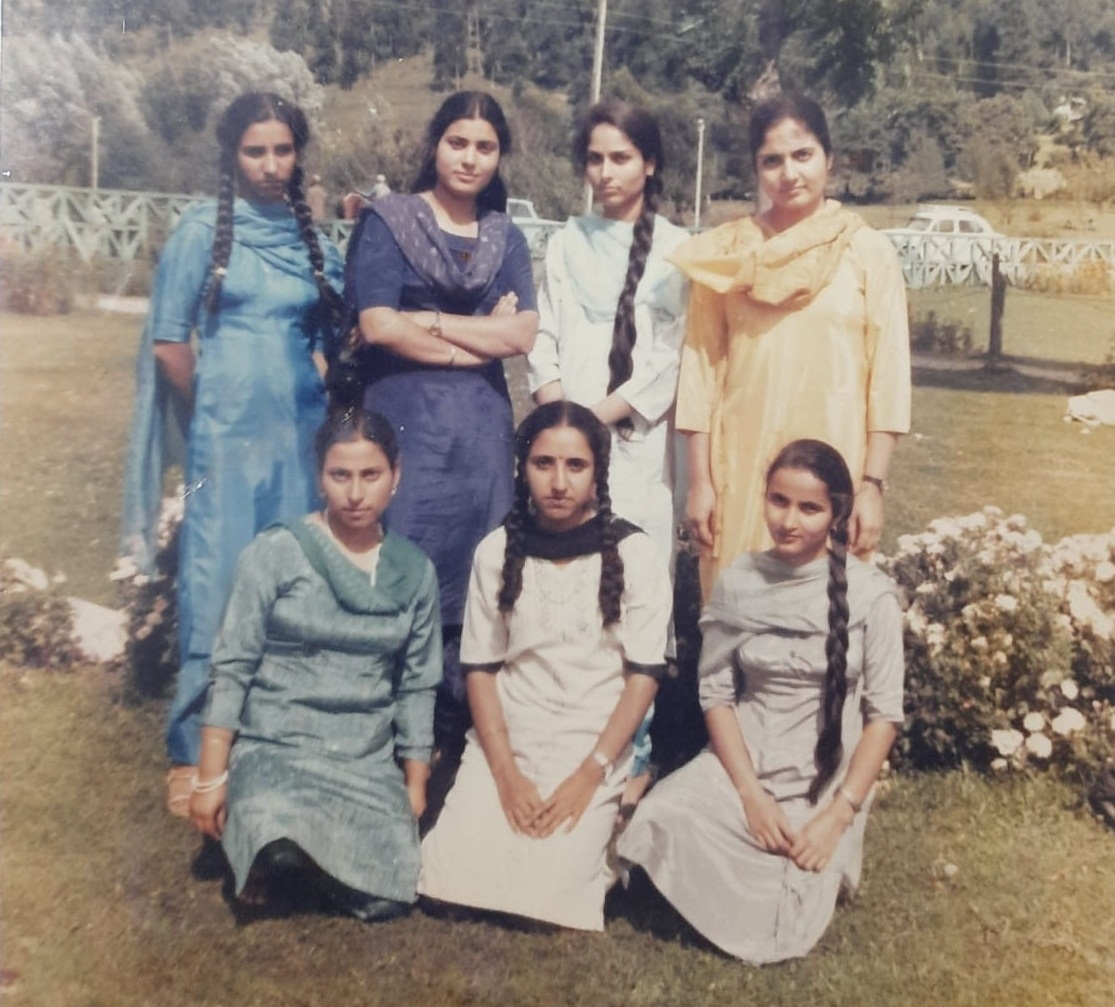Bengaluru, March 19 (IANS) Sunita, from Kashmir Valley is now happily settled with her family in Bengaluru, known as India's Silicon Valley. She says her family can visit there only as tourists not to settle there. Talking to IANS, Sunita shared her ordeal, saying the memory is still afresh in her mind as how her family left in a truck from the Valley in the middle of the night and being a small girl how she feared attacks by militants on the way to Jammu. There was no law and order in Kashmir then. "We should go back? "Dar ke nahin jana hai. (we can't go there in fear). Waha pe bandh kar rakhenge security laga ke tho kya faida. Jail main nahin bhaitenge (if we are to live in cages due to security it will be more like a jail and we don't want to live like that). We want freedom," Sunita explains. "What happened to us, can happen to anyone. There will be more danger in the future," she says. The local Muslims are settled in our properties and are refusing to vacate, she said. The fault lines were more than visible in Kashmir. She explained that, it started with burning of temples, shrines for no reason, closing down of cinema halls, video libraries, photography from 1986 to 1988. All of them were shut down because they were said to be anti-Islamic. The union government should have done something at that time only. Later, education system was targeted. If sign boards did not bear the white and green colours, the entire building was burnt down. Soon they started killing prominent Hindu leaders. They wrote 'Indians would die' on their dead bodies. Burqa was made compulsory for everyone. Loudspeakers in mosques propagated that whoever wanted to live in Kashmir, will have to embrace Islam and made announcements such as "Indian dogs can leave" and other such nonsense things. Even people who were leaving in trucks were not spared. Police were in collusion. "Four to five neighbourhood families of Pandits left Kashmir Valley in the truck. The truck was fully covered and we sat inside holding a candle," she recalled in horror. "We could collect only some important things and thought would come back in a few days. We left everything behind -- three-storey building, land, etc," she says. For 20 days Sunita's family stayed in a temple, later tents were given to them. Some stayed in schools and gurdwaras. As her father got pension, they managed to take a small house on rent where her family lived. "At the time of the exodus, some Muslims told us to leave, many helped. Woh bole niklo, kuch zid se bol rahe the (those who helped us also asked us to leave)." The local Muslims did not stop the militants, if they would have resisted, this situation wouldn't have arisen, she says. "Woh bol rahe the ke aap ke saath ye hoga wo hoga" (they told us we may be be dealt with certain things). I thought it's a joke," Sunita said. The whole of Europe and a large number of tourists from the US used to visit Kashmir during summers. Now, no one comes. When asked if they will be able to shift to Kashmir after Article 370 was revoked, she said that she will never be able to go back there. "The generation has changed. The present generation is not listening to their elders. The previous generation, they lived with us, we had eye contact. This generation is very tough and rigid," she says.
From Kashmir Valley to Silicon Valley: Journey of a resilient Pandit
- by Rinku
- March 19, 2022 2 minutes

From Kashmir Valley to Silicon Valley: Journey of a resilient Pandit











